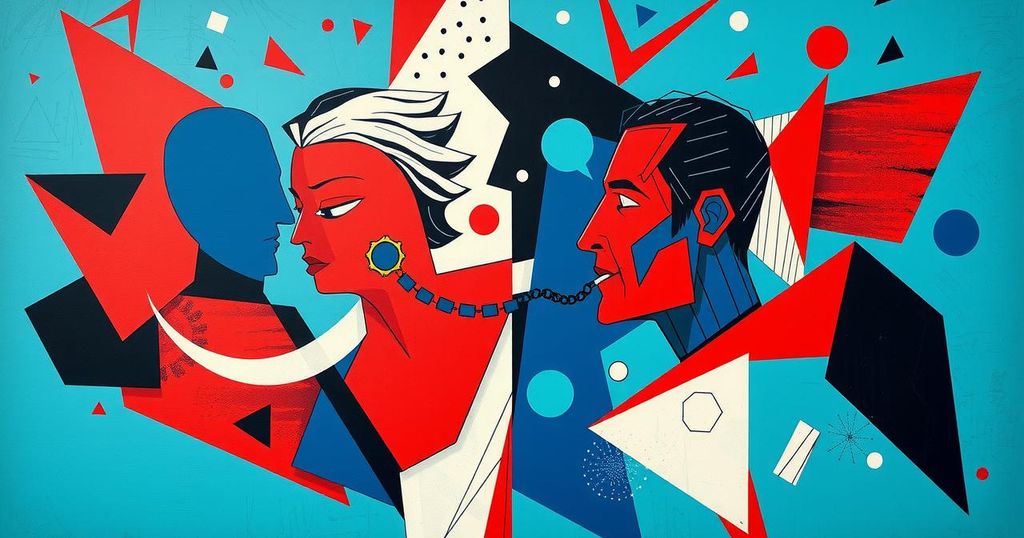Bangladesh Elections: BNP Criticizes Muhammad Yunus for Proposed April 2026 Election Date

Bangladesh’s BNP criticizes Chief Adviser Muhammad Yunus for proposing elections in April 2026, advocating instead for a December election date. This disagreement highlights tensions between political factions and raises questions about the urgency for democratic processes in the country.
The political climate in Bangladesh is heating up as the Bangladesh Nationalist Party (BNP) sharply criticizes Chief Adviser Muhammad Yunus for suggesting that the next elections could be scheduled for April 2026. The BNP is advocating for elections to take place well before that, specifically urging the interim government to conclude the electoral process by December this year. This disagreement highlights the ongoing tensions between various political factions in the country and raises questions about the legitimacy of the election timeline.
Muhammad Yunus’s announcement regarding the proposed election date has caused a stir, particularly among opposition party members. They argue that selecting such a distant date undermines the urgency and the need for timely elections in Bangladesh. With the BNP pushing for a December timeframe, it seems that the party is anxious to reclaim political ground in the face of rising public dissatisfaction with the current administration.
The current political landscape is fraught with challenges as tensions escalate surrounding the timing of the elections. The BNP believes that any delay in scheduling could suppress voter participation and thwart democracy in the nation. This stance resonates with many citizens who are eager for a more responsive government that adheres to democratic principles.
Yunus’s proposal to push the elections into 2026 may be viewed as a strategic move to allow the interim government more time to solidify its power. However, the BNP contends this is a detrimental move that further alienates the electorate, who expect a more prompt electoral process. The party’s criticism reflects broader concerns about governance and the balance of power.
The ongoing discourse among political leaders suggests that the management of Bangladesh’s elections is a pivotal issue that will loom over the political landscape in the coming months. As citizens express their desires for change, the approach taken by the interim government and the responses from parties like the BNP will ultimately shape the future of Bangladeshi democracy.
The ongoing debate over the election date in Bangladesh underscores a deep divide in the political landscape. The BNP’s call for faster elections contrasts sharply with Yunus’s timeline of April 2026, creating a complex atmosphere as the country approaches a critical juncture. Ultimately, how these political dynamics unfold will have significant implications for the future of governance in Bangladesh.
Original Source: www.wionews.com




